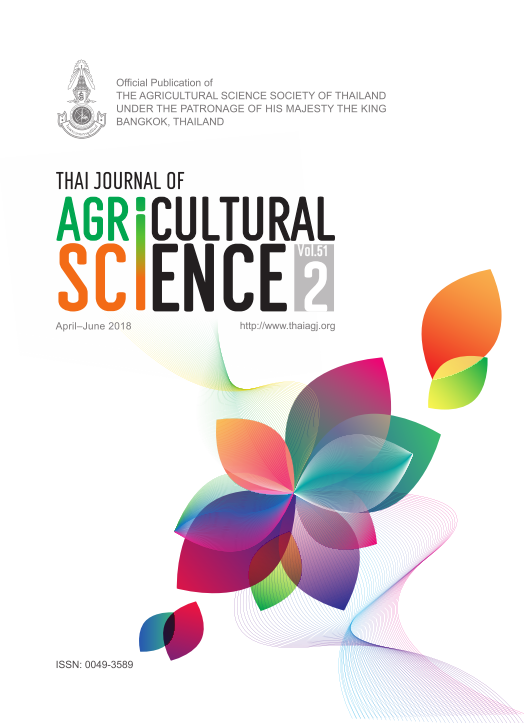Heavy Metal Content of Wheat Cultivated in Many Different Regions of Iraq
Main Article Content
Abstract
Heavy metals (Fe, Cu, Cd and Pb) of wheat cultivated in many different provinces of Iraq were determined for their concentration within the limits recommended by Iraqi standardization and FAO/WHO. Wheat spike samples were gathered from different areas, such as near highway areas, near industrial areas, and rural areas. Wheat grains were peeled, milled and prepared for analyzes by Atomic Absorption Spectrophotometry (AAS). The results showed that the concentration of all the elements remained below the Iraqi standardization and FAO/WHO limits. The study also presented that the heavy metals concentrations varied in different provinces, whereby most metals were highest concentrated in Baghdad. Some metals (Fe and Cd) were higher in rural fields than in industrial nearby fields. In conclusion, all measured metals were permissible according to FAO/WHO and Iraqi standardization. Therefore, Iraqi wheat poses no health−risk in regard of the tested heavy metals, and it is safe for human consumption.


